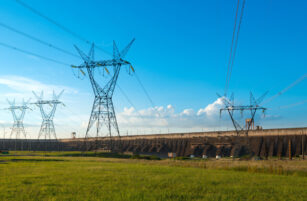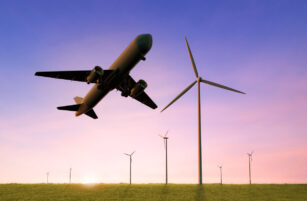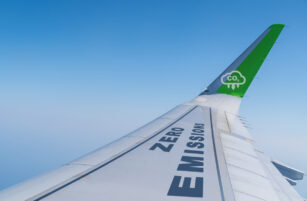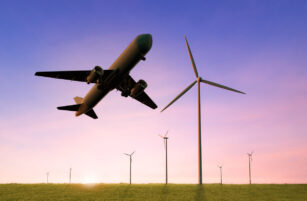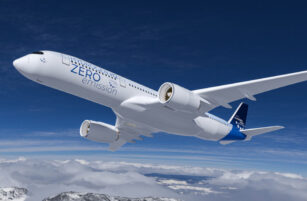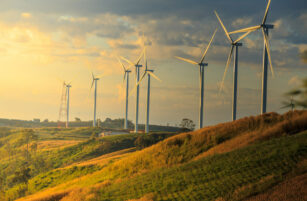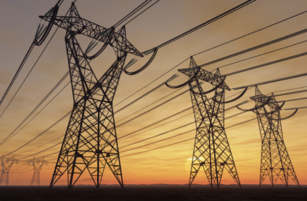
Let’s look at the energy market highlights from the past week:
Aneel criticizes ‘reserve’ of use of the transmission network by renewable enterprises
Distributors have until March to pay bonuses to consumers who have reduced demand
With a new clause, the CEEE-G auction is rescheduled for March 23.
The swing season has already started, but the turn of electrics has not yet arrived. Meanwhile, Eneva made a presentation to investors about its business strategies and the progress of projects already started.

Among them, they announced the completion of the test in the first turbine of the Jaguatirica II thermoelectric plant and expect to have the plant’s full commercial operation by mid-March.
Also in March, Eneva expects to complete the acquisition of Focus Energia, which will allow it to expand its portfolio with the participation of renewable sources and the free energy market. Within its strategy, the company also prospects the diversity of businesses in the North region, which would have a “small scale” market of 1.8 million m3/day of equivalent natural gas.

The oil companies released their production data. In the case of Petrobras, sales of oil products in the fourth quarter of last year totaled 1,848,000 barrels per day (Mbpd), a growth of 4.7% compared to the last three months of 2020. Gasoline sales were a highlight in the period.
PetroRio’s oil and natural gas production in January totaled 34.9 thousand barrels of oil equivalent per day (BOE/d), with a growth of 2.1% compared to December 2021. 3R Petroleum and PetroReconcavo also had an increase of production in comparison with December, respectively, of 13.14% and 9.5%.
Wind turbine manufacturers have also published their 2021 figures on the international market. European companies Vestas and Siemens Gamesa are among the companies whose results were negatively affected by rising raw material costs, mainly steel, and by logistics problems in the global supply chain.
And since we are talking about oil and gas, executives and experts point out that the lack of state harmonization is one of the great challenges to attract investments within the new natural gas market.
Meanwhile, despite the recent rise in gasoline and diesel prices, the Brazilian Association of Fuel Importers (Abicom) points to a 12% increase in the value gap between the domestic and foreign markets for fuel sales.
The energy demand of the transport sector should also increase by 2.5% per year from 2021 to 2031, points out the new notebook of the Ten Year Energy Plan (PDE) 2031, published by the EPE.


